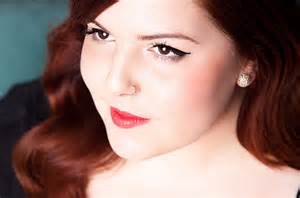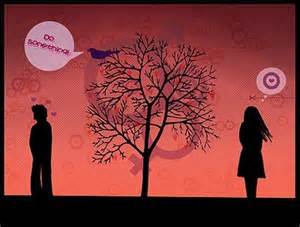I know I wrote in an earlier post about how responsible I am now with caffeine consumption, but lately I’ve fallen off the wagon. This year, I asked for a sexy Italian for Christmas. In all honesty, I’m not sure what I would do with a sexy Italian, one husband being more than enough, so luckily it was a domestic electrical item that turned up under the tree. I received a coffee machine people, get your minds out of the gutter. So I now am the proud owner of a gleaming, spaceship-like contraption that makes the most excellent of coffees. It sits there winking at me all through the day and I’ve been falling under its spell, willpower helpless to its hard, angular good looks.
Any hoo, in the way of these things, there’s always a price to pay. Unusually, it hasn’t been a pounding heart in the early hours of the morning, but a pounding conscience instead. I’ve been waking up in the early hours remembering odd events from my late teens and early twenties in excruciating detail. Like many people, I was pretty much an asshole until around twenty-five when I finally grew up, so there’s a fair bit of material there. Shame is a horrible feeling, particularly when there’s no way to fix or apologise. I’m reliving it with the benefit of hindsight and experience and wondering what the hell my younger self was thinking. If I was a character in a book, in many instances I would have been the villain, the awful ex-girlfriend or generally the foil that makes the heroine look better. I’m not saying I was irredeemably bad and I had some good moments, but those aren’t the ones playing in the quiet hours around midnight.
Just as it seems no one wants to read about the perfect person leading the perfect life, my conscience likes to linger on the times I got it wrong. But why is my mind fixated on this period of my life? I think its mostly because I’ve decided to tear apart my latest book and completely rewrite it and that’s the age of the people in it. Some of the events in the book actually happened, so I’ve been thinking about those years a lot and how it felt to be that young and the excruciating awkwardness that is most teenagers. With no clear idea of self, you don’t know how to act, so try on different personas to see what fits. Sometimes I got it right, but most often I didn’t, after all I was just pretending I knew what to do.
As I lie awake, staring at the dark ceiling, I try to forgive my younger self, mostly so I can go back to sleep. Caffeine makes my conscience into an overtired toddler. I’ve just got to take away all the stimulatory material and hope it crashes out. That or drink less coffee.







